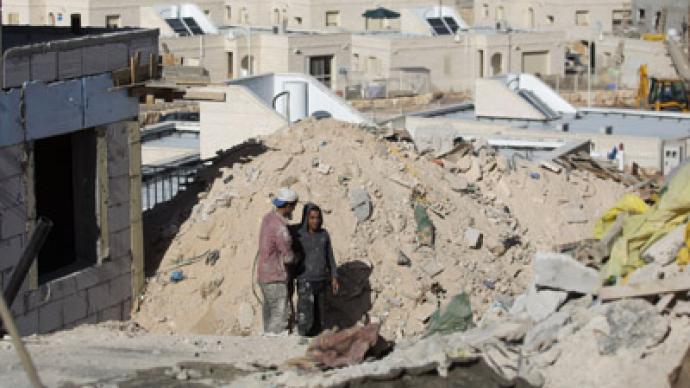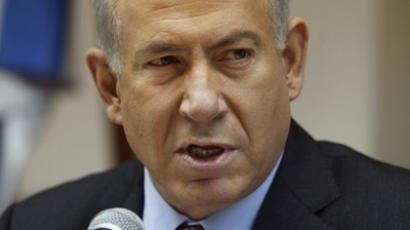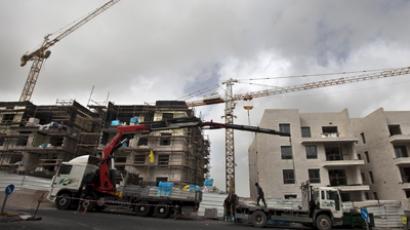Palestine threatens Israel with ICC if further settlements built

Palestine declared Wednesday that they will be left with ‘no choice’ but to take Israel to the International Criminal Court (ICC) if the Jewish state proceeds with plans to build settlements in occupied areas of East Jerusalem.
After a meeting Wednesday of the United Nations Security Council on the Middle East, Riad Malki, the Palestinian foreign minister, said his government’s decision will largely depend on whether the Israelis build on the E1 area outside the Arab suburbs of East Jerusalem. “If Israel would like to go further by implementing the E1 plan and the other related plans around Jerusalem then yes, we will be going to the ICC. We have no other choice. It depends on the Israeli decision,” he said. E1 is one of the occupied areas where newly-reelected Benjamin Netanyahu’s outgoing government has given the green light for what could be potentially thousands of new settlement homes. Malki said the Palestinian government would wait and see what the new Israeli government does, adding that they are “absolutely not going to tolerate any construction in that particular area.”Previously the Palestinians have said that bringing their various disputes with Israel to the ICC in The Hague was not option, but Malki’s remarks on Wednesday appear to mark a change of tactics. The Palestinians became eligible to join the ICC after a vote on November 29, 2012, at the United Nations General Assembly, which voted to upgrade their status from ‘observer entity’ to ‘non-member observer state’. This decision was seen by many as de facto recognition of an independent Palestinian state. Only nine nations including Israel and the United States voted against the motion in the 193-nation general assembly.The vote took place on the 65th anniversary of the adoption of UN resolution 181, which portioned Palestine into separate Jewish and Arab states. After the vote, Israel announced it would build another 3,000 settler homes in East Jerusalem and the West Bank. Senior Israeli officials announced last month that Israel does not intend to cancel plans to accelerate settlement construction in E1.Netanyahu himself said in an interview with Israeli Channel 2 last month that the disputed area “is not occupied territory” and that he “does not care” what the UN thinks about it. Around 500,000 Israelis and 2.4 million Palestinians live in the West Bank and in East Jerusalem, areas that, along with Gaza, the Palestinians want for a future state. E1 covers 12 sq km and is particularly significant because it backs onto East Jerusalem, which the Palestinians want as their capital, and because it sticks out into the narrow middle section of the West Bank. The United Nations regards all Israeli settlements in the West Bank as illegal. While Robert Serry, the UN Special Coordinator of the Middle East Peace Process, has said that the Israeli settlements are “increasingly an obstacle to peace.” However, he has also warned the Palestinians against pursuing the issue at the ICC. The White House reiterated its call Wednesday for the resumption of long stalled Israeli-Palestinian peace negotiations, in light of recent Israeli election which returned Netanyahu to power with a weaker majority for his right-wing bloc.














